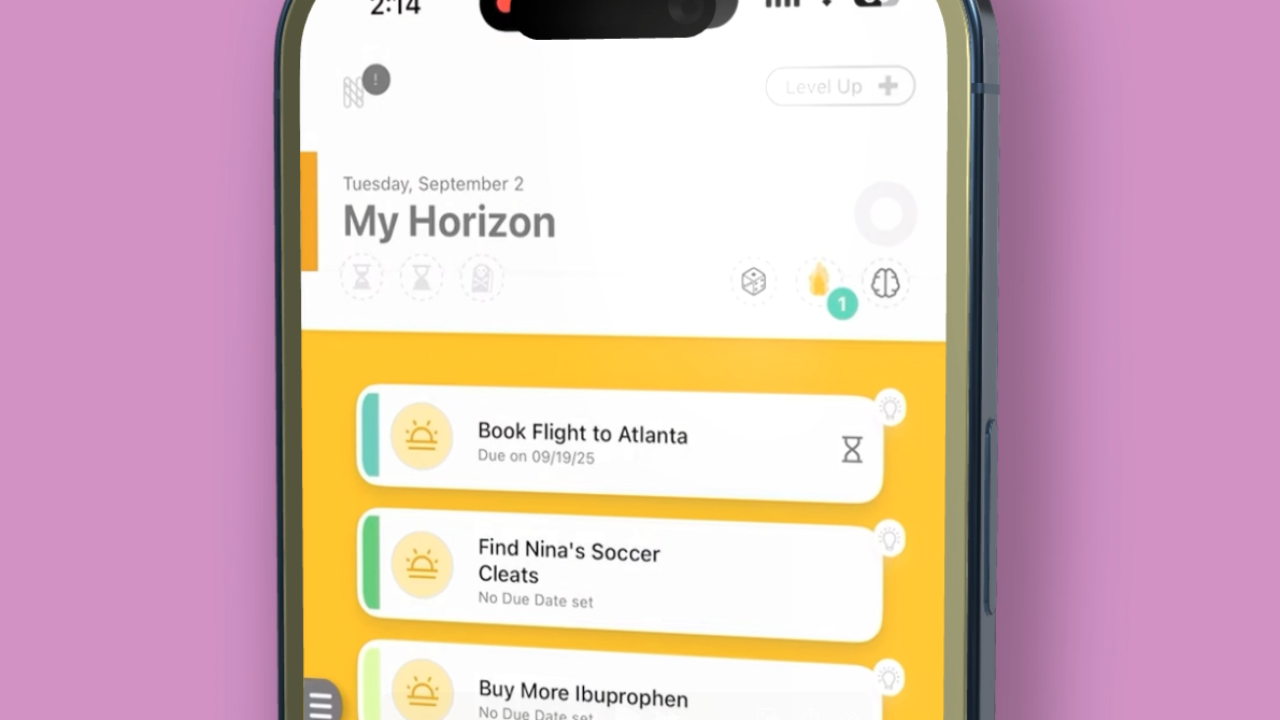Under The One Big Beautiful Bill Act, employers' ability to deduct many of the food and beverage offerings they provide will come to an end this year.
Employer-provided meals — things like coffee and snacks, working meals and overtime meals — will go from a 50% tax deduction to nondeductible at the conclusion of this year, signaling a
But before benefit managers start removing coffee pots from the break room and slashing T&A budgets even more, they still have time to figure out how this tax change will impact their organization. In fact, new research from corporate catering platform ezCater shows that
According ezCater's recent Future of Work report, 60% of employees believe that the purpose of coming into an office is for
"Things like coffee are basic hospitality," says Hanna Hasl-Kelchner, author and workplace fairness expert. "Companies [take these things away], and they don't realize the big impact that it has, and it's cumulative. It's like death by 1,000 cuts."
Read more:
The upcoming change's impact
Acknowledging that some companies will be tightening their budgets as a result of the law, Hasl-Kelchner urges leaders to tap someone who can answer questions about the changes and keep communication lines open so employees do not feel blindsided. Asking for employee feedback is another important step, and one that could lead to new ideas about how to revamp food offerings.
"Communication is huge, not just on this tax deduction issue, but on any issue across the board, in order to get more productivity and engagement," she says. "[Saying to employees,] 'We have some tough choices to make: What do you think?' Maybe there's a pop-up coffee or sandwich business that wants to come in — this is a way to support a local business. You don't know unless you ask. If employees help create the solution, you're getting buy-in from them, and that is powerful."
Read more:
Buy-in from younger employees is especially important: The ezCater report found that over half of Gen Z expect their employer to provide socializing opportunities. But along with facilitating togetherness, benefit leaders should consider the financial and time implications a reduction in food and beverage access can have on employees.
"This is about more than feeding people," says Robert Kaskel, ezCater's VP of people. "It's about drawing people into the office, providing them a service that they strongly request, and then the employer is the beneficiary of the organizational outcomes."
Kaskel points out that employees will need to spend their time and money providing their own meals, cutting into their workday or commuting time. While all employees can use a break, taking away a benefit that was previously provided could leave a bad taste, Hasl-Kelchner notes.
"[If these offerings are taken away,] employees are going to feel disrespected," Hasl-Kelchner says. "They are not going to say, 'Let me come up with my best work and be innovative and give you my best ideas."
A tech-driven solution for food and beverage benefits
EzCater works with employers to provide delivered meals, from one-time events to daily options, from their more than 100,000 restaurant partners. Employers can place an order for their workforce, such as coffee and bagels or a catered lunch, or sign up for ezCater's Relish program, which allows employees to have a customized dish delivered from a restaurant of their choice.
With a tech-driven food option like ezCater, leaders can keep track of analytics, reduce food waste, budget more efficiently, choose how much of the meal cost they want to subsidize and get 24/7 access to customer service, Kaskel says. In a case study with their client
Read more:
Food-related benefits and perks fuel happiness, community and creativity, so as employees debate whether going back into the workplace is worth it, now is not the time to skimp on in-office offerings.
"The office is no longer a place where people just come for independent work; it has transitioned into a vital hub for human connection," Kaskel says. "Whether that be [at] the barista cart or lunch, it drives the level of community and engagement and the opportunity to make friends, which is positively correlated with performance and productivity [and the] desire to stay."
Read more on how the new laws will impact the workplace:
How Trump's One Big Beautiful Bill Act will increase employer healthcare costs How Trump's Rx executive order would slash costs How Trump's One Big Beautiful Bill could boost benefits enrollment Trump's new law cuts both ways for Social Security beneficiaries How Trump's tariffs are affecting recruiting and retention






